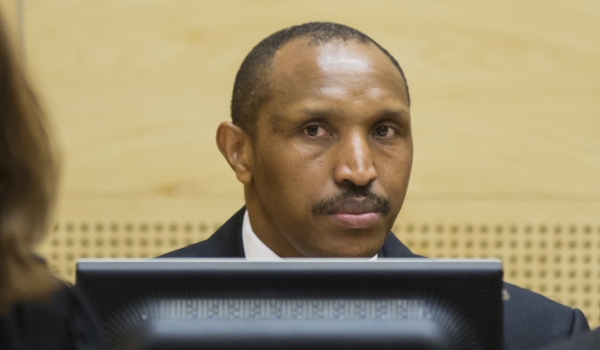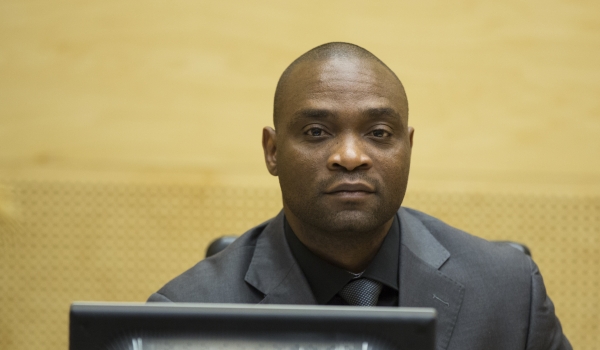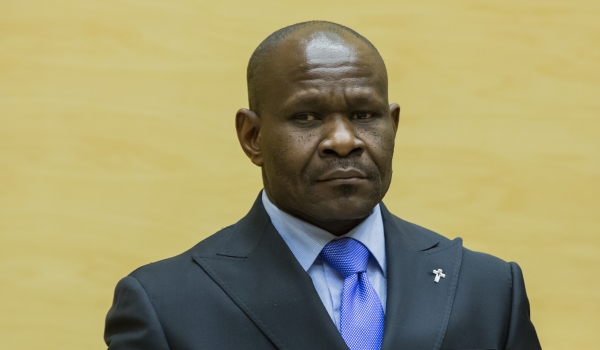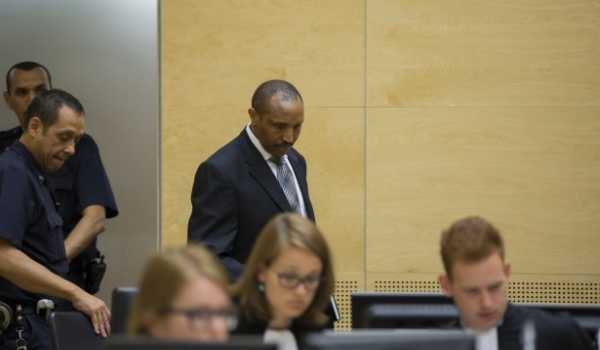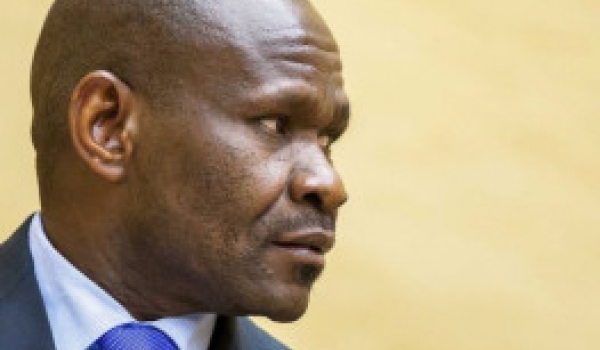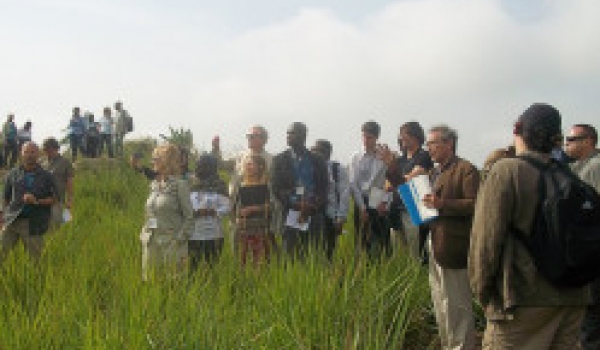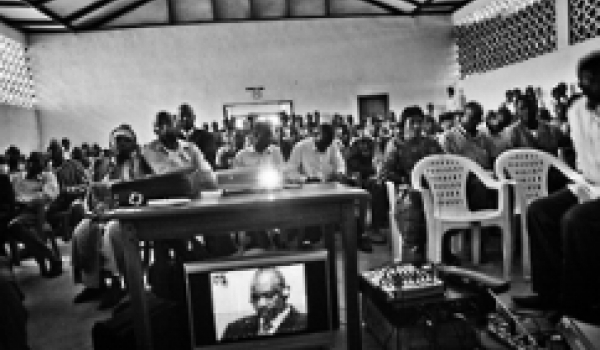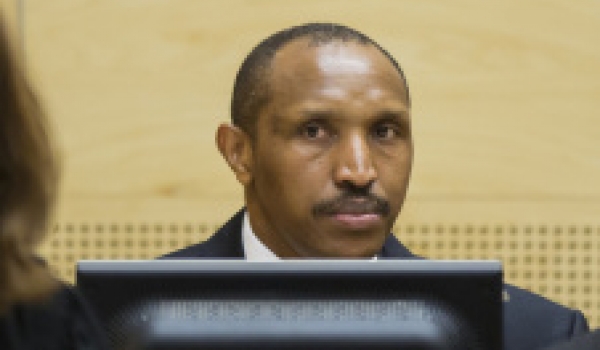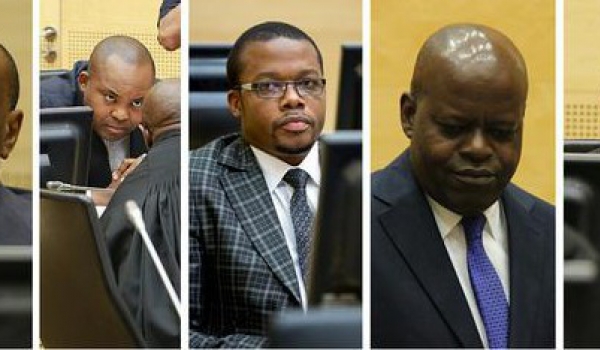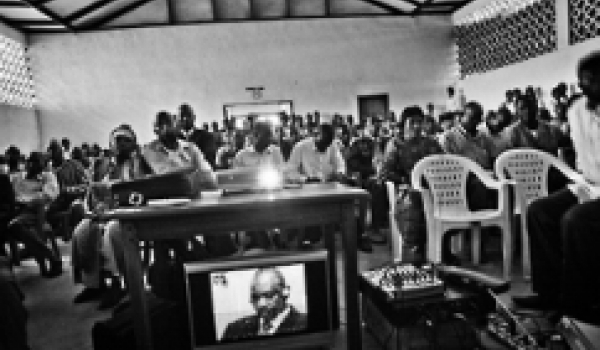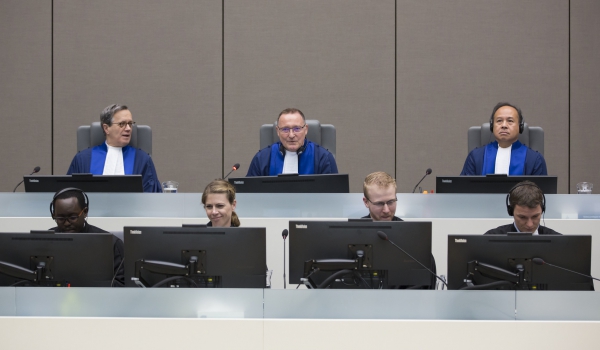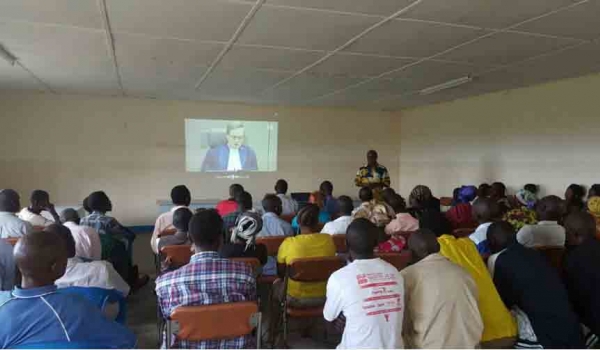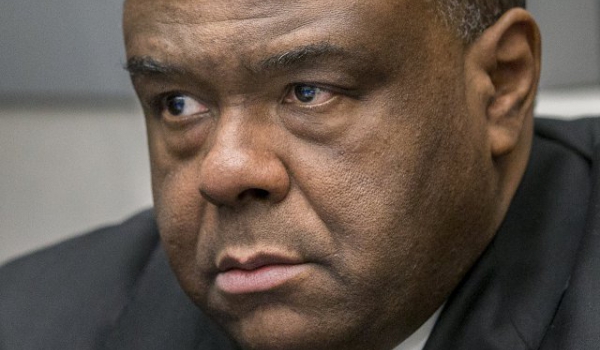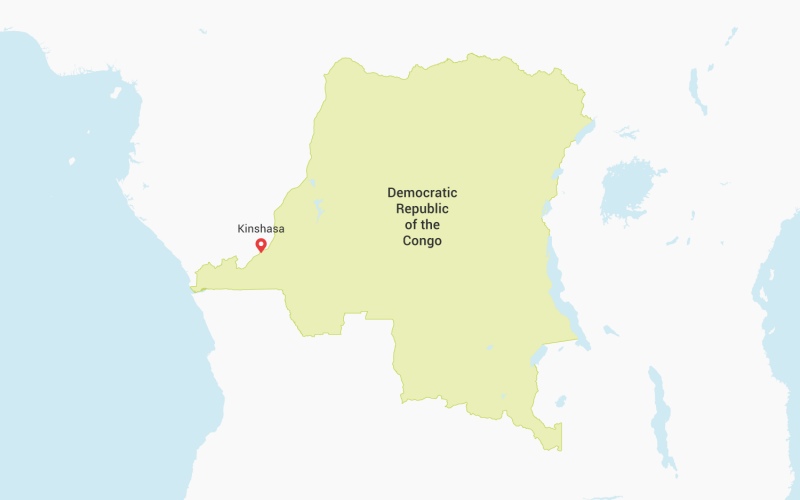
La CPI abrió esta investigación en el año 2004 (fue la primera investigación en la historia de la Corte) y se enfocó en los líderes de varias milicias armadas y grupos rebeldes sospechados de cometer de crímenes de guerra y crímenes de lesa humanidad. La RDC ratificó el Estatuto de Roma en abril de 2002. Después de muchos años de trabajo y promoción por parte de la sociedad civil, en 2015 se aprobó una ley para incorporar los delitos de la CPI en la legislación nacional y facilitar la cooperación con la Corte. También ha habido varios procesamientos por delitos graves en tribunales nacionales especiales en el este de la RDC.
In April 2004, DRC invited the ICC Office of the Prosecutor (OTP) to investigate alleged Rome Statute crimes in the context of an ongoing armed conflict in its territory. In June 2004, after a brief preliminary examination, the first investigation in ICC’s history opened. The main regional focus of the ICC situation is the Ituri region as well as the North and South Kivu provinces in eastern DRC. The OTP acknowledged that, while alleged crimes were reported to have taken place since the 1990s, the ICC could not look at crimes committed earlier than 1 July 2002, the date of the Court’s establishment and temporal limit of its jurisdiction. Reports from 2002 onward, meanwhile, allege a pattern of rape, torture, forced displacement, and the illegal use of child soldiers.
Congolese rebel leaders Thomas Lubanga and Germain Katanga became the first suspects ever convicted by the ICC, while a third, Mathieu Ngudjolo Chui, was acquitted.
The ICC investigation has not yielded charges against government officials and armed forces. The absence of these cases—or clear and public explanations as to why they are not being pursued—has left too many victims without justice and undermined perceptions of the court’s independence and impartiality according to Human Rights Watch.
DRC government has been largely cooperative with the ICC investigation in its territory, having referred itself to the ICC in 2004. After years of advocacy by civil society, 2015 saw the adoption of a bill incorporating Rome Statute crimes into Congolese criminal law and further facilitating the country’s cooperation with the ICC. The DRC has also concluded ad hoc agreements with the ICC to enforce the ICC sentences imposed upon rebel leaders Thomas Lubanga and Germain Katanga.
Following repeated calls by victims, international organizations, and civil society for DRC to address the impunity gap in the country, in January 2016 DRC’s “Law implementing the Rome Statute of the ICC” entered into force. The law amends DRC’s military and criminal codes to incorporate Rome Statute crimes and general principles of law. The law also establishes the competence of civilian criminal courts, including in appeals, for all cases of genocide and crimes against humanity. Congolese rebel leader Germain Katanga, convicted by the ICC in 2014, was committed to trial in the DRC on war crimes charges - charges different from those he was prosecuted for by the ICC - soon after completing his ICC sentence and release in early 2016.
A number of national and local courts have been undertaking prosecutions of military figures in Eastern DRC accused of war crimes and crimes against humanity.
Other countries, such as Germany, have taken on trials of individuals suspected of grave international crimes in the DRC, including rebel leaders from the Democratic Forces for the Liberation of Rwanda.
The DRC has a particularly active civil society network working to end impunity for grave crimes. The DRC National Coalition for the ICC advocates for enhanced national accountability mechanisms, holds workshops and awareness raising events, and works with local ICC offices to support victims’ participation in ICC proceedings.
